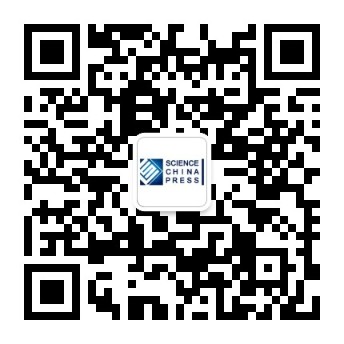Authenticated anonymous secret-sharing protocol based on a high-dimensional quantum system
Abstract
Secret-sharing protocols can prevent external adversaries from attacking and internal participants from betraying by dividing secret storage to spread risks and tolerate intrusions. However, the disclosure of receivers' identities may put them at risk of being attacked. This report presents the definition of quantum anonymous secret-sharing and proposes a quantum anonymous secret sharing protocol based on the d-dimensional quantum system to address the anonymity issue of the receivers' identities in secret-sharing protocols. In this protocol, the dealer first authenticates all participants using the Greenberger-Horne-Zeilinger state and subsequently constructs anonymous entanglement among a specified set of anonymous receivers. It finally utilizes the constructed anonymous entanglement to provide message confidentiality and receiver identity anonymity protection for the secret-sharing task. The correctness analysis showed that anonymous receivers can correctly obtain secret shares and collaborate to recover the secret. Regarding security, the protocol can resist attacks from external adversaries and internal participants. Finally, the anonymity analysis demonstrated that the protocol does not disclose information about the receivers' identities. Thus, quantum anonymous secret sharing is proposed as a new approach for protecting user privacy and ensuring information security while offering new possibilities for communication protocols in future quantum networks.








